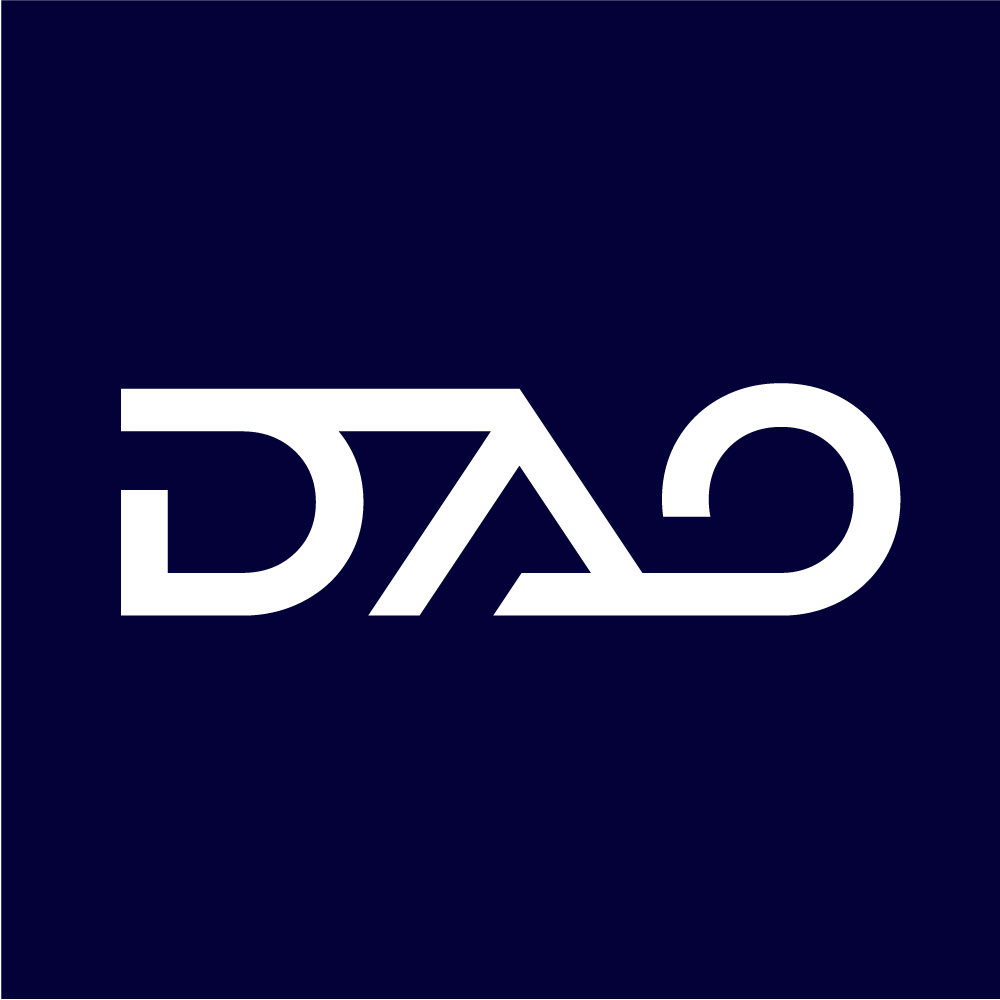State Change Logic
DAO.Casino uses its variation of State Channel (an extended custom version of Payment Channels tailored to the gambling industry). Basically, our Game Channels ensure interaction between the game participants and smart contracts.
Channel Life-Cycle
By and large, the channel life-cycle is similar the life-cycle of a game itself. Below you can find detailed specification for each stage.
Opening
To open the channel, the player side makes a signed request to the bankroller to open the channel. The bankroller checks data and calls the openChannel function. Then, BET tokens are written off the parties' accounts and deposited into the newly created contract.
openChannel(id, player, bankroller, playerDeposit, bankrollDeposit, session, time, gameData, N, E ,sign)
Update
In the course of the game, the parties exchange signatures to update the channel status in the blockchain.
Any moment either party can update the status in the the smart contract by calling the updateChannel function; the other party has to sign it for verification. Previous status expires.
updateChannel(id, playerBalance, bankrollBalance, session, sign)
Closing
Closing the channel means triggering funds distribution between participants according tot he last status. A channel can be closed upon its expiration or by mutual consent of the participants.
In the first case closeByTimefunction is used and the latest status is used to calculate the result.
closeByTime(id)
By participant consent
In this case a party desiring to close the channel, seds a signed request to the other party. If accepted, the closeByConsertfunction is called.
closeByConsent(id, playerBalance, bankrollBalance, session, close, sign)
Dispute
In case of dispute/suspected fraud, an offended party may initiate a dispute. The other party then has a temporary window (n blocks) to provide evidence of fair play. If it fails, the game ends in favor of the deceived party.
open dispute
Either the player or the bankroller can open a dispute. To do it, a party has to update the channel status to the one signed by the both parties. Then, the party has to supply the last game data to the contract. The contract validates input and, in case of success, creates a dispute case. Then, the other side gets a time span to resolve the dispute.
openDispute(id, session, disputeSeed, disputeBet, gameData, sign)
close dispute
In the course of time allocated to resolve the dispute the suspected party can either actualize the channel status updating to the mutually signed one, or provide the game round data to the smart contract. Then, the funds are redistributed according to the status and game results; the channel is then closed.
closeDispute(id, N, E, rsaSign)
close by dispute
If the suspected party fails to provide evidence of fair play within the allocated deadline, the contract plays the game (if dispute initiated by the player) or uses the previously obtained random (if initiated by the bankroller).
closeByDispute(id)
Process Logic
- At the beginning of each game a player has to provide a deposit (BET to be sent to a new game).
- In response, dc-webapi finds an appropriate bankroller in the defined list that processes required amounts.
- Then, the script requests the selected bankroller to open a payment channel for the game.
- The bankroller makes a request to open channel to the contract. It is where player deposits are stored.
- In the course of the game the balance is updated by the
payChannel.updateBalance(-1)function in the following way:_
self.payChannel.updateBalance( +1 )_self.payChannel.updateBalance( -1 ) - Once the game is over, the player requests the bankroller to close the channel.
- The bankroller checks the game result and closes the channel.
- The contract distributes funds between players.
Customer support service by UserEcho

